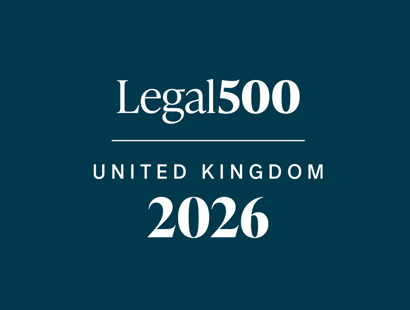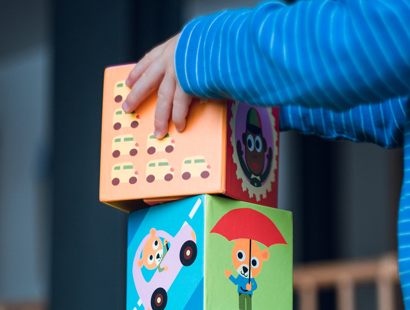
Family Court’s presumption of parental involvement soon to end
Yesterday, the Government announced that it intends to change the law so that the Family Court will no longer presume involvement of both parents in a child’s life is in the child’s best interests.
In this briefing, our children law team explains what has changed, and what it is likely to mean for families.
What is changing?
In 2014, section 1(2A) was added to the Children Act 1989 which provides that “a court…is…to presume, unless the contrary is shown, that involvement of that parent in the life of the child concerned will further the child's welfare.”
The presumption applies in private law children cases, when parents or other family members ask the court to make decisions about who a child lives with or what contact they have with a parent.
It is often called a presumption of contact, and whilst that is not what the law actually says (‘involvement’ does not have to mean face to face contact or even contact by other means like video calls or letters), in most cases ‘involvement’ does mean some form of contact.
Why the change?
The anticipated change is driven by a concern the presumption may have increased the risk of children being harmed by domestic abuse.
‘Unless the contrary is shown’ means that the court does not have to follow the presumption for involvement if it does not consider it in the child’s best interests. Usually that will be when contact (or other involvement) is not considered safe. Very often, this will be because it has been established one parent poses a risk of domestic abuse.
It is now law that if a parent is a victim of domestic abuse perpetrated by the other parent, the child is also to be considered a victim. This applies whether or not the child was a victim of direct abuse themselves, and whether or not the child witnessed the other parent being abused. The law also requires the Family Court, where domestic abuse has been established, to consider the impact on the abused parent of making any order for the child to have contact with the abusive parent.
The intention to repeal section 1(2A) was announced today by the Ministry of Justice in its Review of the presumption of parental contact: final report. The review concludes that whist the presumption was “only one of a number of factors the court must consider when making child arrangements orders”, “assumptions about child welfare could drive decision making and an individualised focus on the welfare of each child could be lost”. The review suggests that “system practice and the resulting court decisions could leave children at ongoing risk of harm.”
Justice Minister Sarah Sackman has said the change “will help us protect children for years to come” and it has been welcomed by victims of domestic abuse and those supporting them.
Next steps
Although no timescale has been given the government has indicted it plans to amend the legislation as soon as time allows.
As and when it does, the Family Court will still be required to consider all the circumstances of a child’s life including their wishes and feelings, their emotional needs, the effect of any changes to living and contact arrangements, a child’s individual characteristics, and any risk of harm.
In many cases this will of course mean courts deciding children will benefit from ‘involvement’ with both parents, and what difference the anticipated change makes will remain to be seen, but the starting point for the court will no longer be presumption of parental involvement.
Our children law team
Our children law team offers expert legal advice on a broad range of issues affecting families. The work covers all aspects of children and family law, including living and contact arrangements, care proceedings, social services involvement, adoption, international relocation and abduction, grandparents’ rights, parental responsibility orders, and family building through surrogacy, donor conception, and assisted reproduction.
Get in touch
If you would like to speak with a member of the team you can contact our children law solicitors by telephone on +44 (0)20 3826 7528 or complete our enquiry form.








